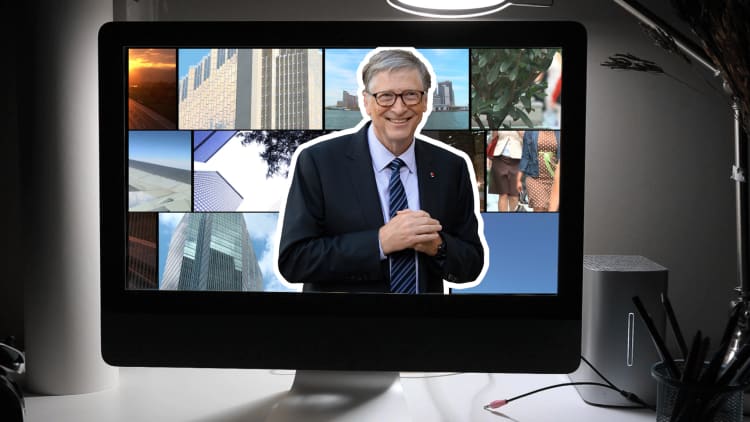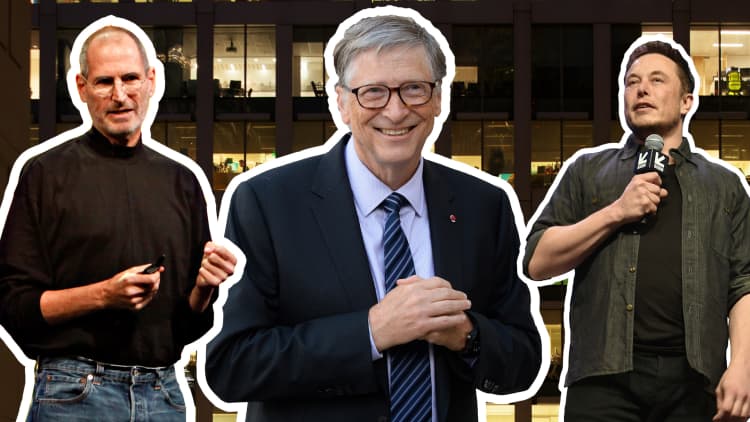Microsoft co-founder Bill Gates got his first peek at professional life as an intern at the state capitol and in the U.S. House of Representatives. “I was a page down in the state capitol of Olympia, Washington,” Gates said in an interview with David Allison for the National Museum of American History. “Then I went out and spent some time being a page back in Washington, D.C.”
Internships remain a crucial way to advance your career, according to the National Association of Colleges and Employers (NACE). In fact, hiring managers say that interning within your preferred industry is more important than your college major or GPA, NACE's 2018 Job Outlook survey finds. “Employers prefer work experience, and in particular they prefer that the experience was obtained through an internship or co-op experience,” NACE research manager Andrea Koncz tells CNBC Make It.
Even if the internship isn’t directly tied to your dream job, it provides work experience that may help you understand what is most fulfilling to you, Koncz adds. That proved true for Gates.
His father was a lawyer and Gates, for some time, considered a career in law as well. His parents were friends with the late American politician Brock Adams, who recommended that Gates work as a congressional page. The following summer, a 16-year-old Gates got the chance.

During the summer of 1972, Gates spent a month delivering legislative documents to the offices of the Congress members, taking new bills and amendments to the House floor and doing other clerical work, Michael Schuman details in the book “Bill Gates.” But instead of feeling inspired by politics, Gates realized he was much more interested in business.
Years later, when testifying before Senate in an antitrust lawsuit in 1998, Gates reportedly said that it was serving as a page that made him realize political life wasn't for him.
“I understood about contracts and things. I was interested in the business world, reading about it all the time,” Gates said. Keeping his long-term career goals in mind, he asked himself, "What would I end up eventually doing?”
By senior year, Gates had mastered his school's computer and felt more drawn than ever to numbers and technology. Since Gates had largely learned what he needed to start Microsoft while in high school, even after starting at Harvard, he only took a few computer courses, and he had a habit of not attending those he signed up for. Two years into college, Gates dropped out to start his company.
His decision to turn away from politics hasn't stopped followers from calling on Gates to run for President. Still, he remains firm in his resolve to stick to business and philanthropy.
"I like my current job at the Foundation better than I would being president," he wrote in a 2016 Reddit AMA. "Also, I wouldn't be good at doing what you need to do to get elected."
Like this story? Subscribe to CNBC Make It on YouTube!



